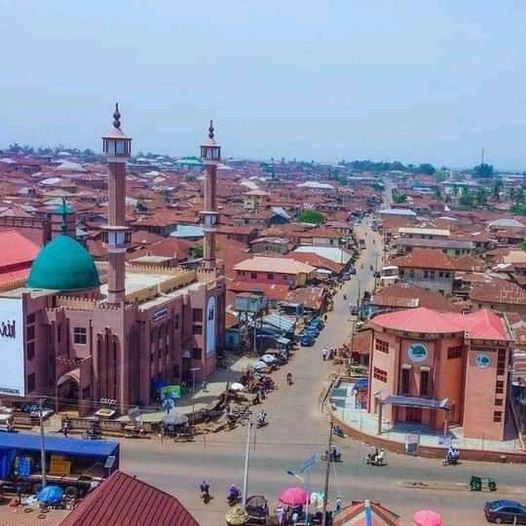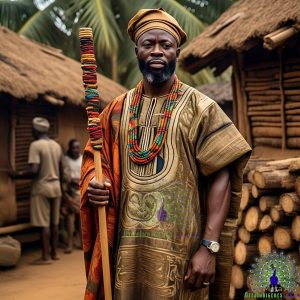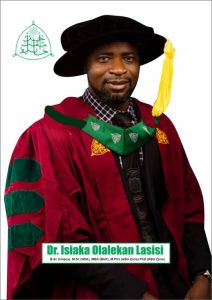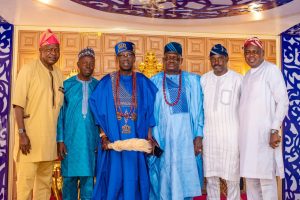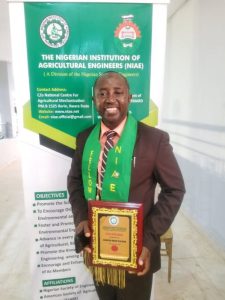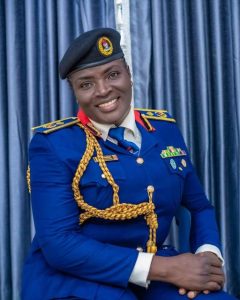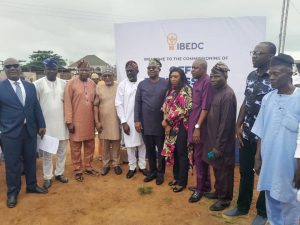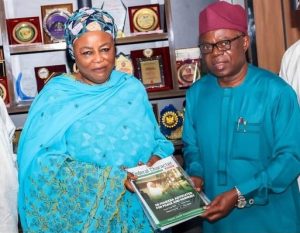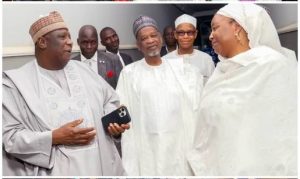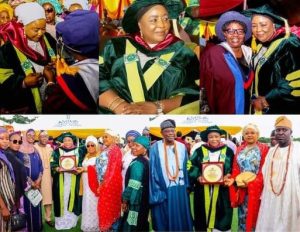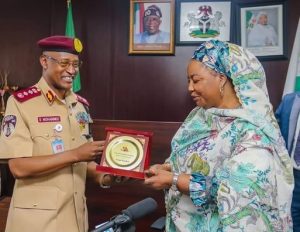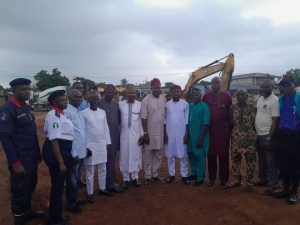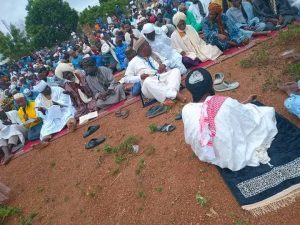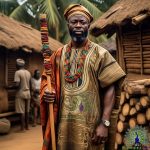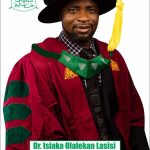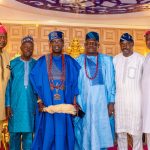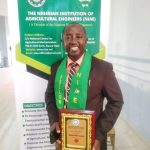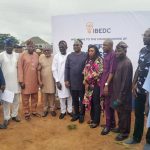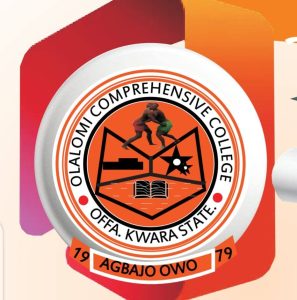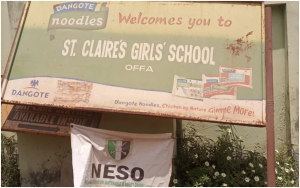Offa, located in the heart of Central Nigeria, is a town rich in history, culture, and economic significance. With coordinates 8.9°N, 4.43°E, Offa serves as the headquarters of Offa Local Government Area (LGA) in Kwara State. It is the traditional capital for the Ibolo-speaking people of Kwara and Osun States. Offa’s journey from being the administrative center of the old Oyun Local Government Area to its current status began on August 27, 1991, when Offa Local Government Area was established.
Geographic and Agricultural Landscape
Spanning approximately 4,992 square kilometers, Offa Local Government is characterized by its savanna vegetation. The early settlers of Offa were predominantly farmers, and agriculture continues to play a significant role in the community. “ANOMO” (sweet potatoes) was a primary agricultural product that generated significant revenue for the town. Today, the Offa people cultivate a variety of crops, including yam, maize, cassava, and guinea corn. Livestock farming, including cattle, goats, and sheep, is also a vital part of the local economy.
Economic Hub and Market Culture
Offa’s strategic location on the railway line from Lagos, the former capital of Nigeria, has historically positioned it as an important transportation hub. The Owode market in Offa remains a major economic center, generating daily revenue to supplement federal allocations. The entrepreneurial spirit of the Offa people is evident in their vibrant business activities, making Offa Local Government Area a bustling commercial zone.
Educational Excellence
Offa Local Government Area is renowned for its strong emphasis on education. The town is home to several prestigious educational institutions, reflecting the community’s commitment to academic excellence. Key institutions include:
- The Federal Polytechnic, Offa (established in 1992)
- Kwara State College of Health Technology
- Nigeria Navy School of Health Sciences
- Two Private Universities
- School of Basic Studies
- National Teachers Institute
Additionally, the area boasts over 53 public primary schools, more than 54 private nursery/primary schools, over 17 government grant-aided secondary schools, and over 10 private secondary schools. This robust educational infrastructure highlights Offa’s dedication to nurturing future generations.
Cultural Heritage and Festivals
The people of Offa are known for their rich cultural heritage and traditions. The town celebrates a variety of festivals that reflect its diverse religious and cultural landscape. Major festivals include:
- Eid el Kabir
- Eid el Fitr
- Christmas
- New Year
- Moremi Festival
- Ijakadi Festival
These festivals are vibrant expressions of Offa’s cultural identity, bringing together the community in joyous celebration.
Political Structure
Offa Local Government Area is divided into 12 political wards, each playing a crucial role in local governance. These wards include:
- Balogun Ward
- Essa ‘A’ Ward
- Essa ‘B’ Ward
- Essa ‘C’ Ward
- Igbodun Ward
- Ojomu Central ‘A’ Ward
- Ojomu North West Ward
- Ojomu Central ‘B’ Ward
- Ojomu South East Ward
- Shawo Central Ward
- Shawo South East Ward
- Shawo South West Ward
This political structure ensures effective administration and representation of the diverse communities within Offa.
Offa Local Government Area stands as a beacon of cultural heritage, educational excellence, and economic vitality in Kwara State, Nigeria. From its rich agricultural traditions to its bustling markets and esteemed educational institutions, Offa continues to thrive as a dynamic and resilient community. The town’s festivals and cultural celebrations further enrich its vibrant identity, making Offa a cherished heart of Ibolo heritage.

